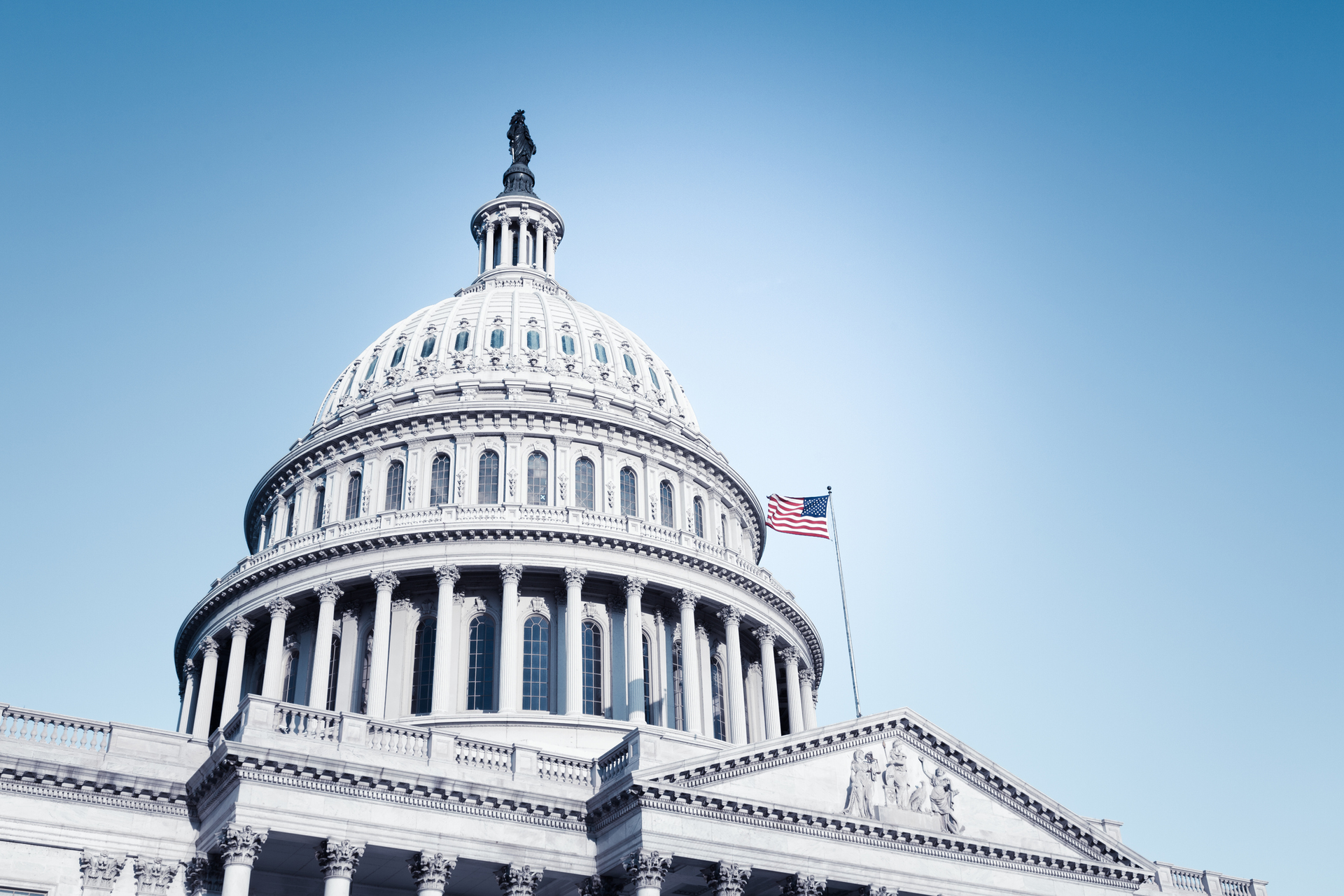U.S. regulation is on the horizon for big tech companies. This week, the proposed bipartisan legislation from Sen. Mark Warner, (D-VA) and Sen. Josh Hawley (R-MO) was the Dashboard bill, short for Designing Accounting Safeguards to Help Broaden Oversight and Regulations on Data. The purpose of the bill is twofold: one, for companies to disclose how much data they have. Two, for legislators to understand how much each individual user is worth. For example, each individual Facebook user brings in just under seven dollars, at $6.42. If the bill is passed, then companies with 100 million users will have to disclose both the number of users and how much their data is worth.
Here come the windbreakers?
If the whole apparatus seems like a stock market, where each individual user’s data has a monetary value much like a piece of stock or a mutual fund, that’s because that’s exactly how tech companies have been treating their user data — like assets on a market that can be traded, bought, and sold at a profit or loss. For years, decades even, it seems as if tech companies have vacuumed up consumer in the dark, and they went unquestioned as long as they continued to innovate and compete effectively with each other and around the world. That era is over. First with GDPR, and now with U.S. lawmakers jumping on this bandwagon, tech companies are facing the regulation. Much like how financial sector has institutions such as the Securities Exchange Commission, FINRA, and the Department of Justice to regulate the markets and punish those institutions that break the law or fall out of compliance, the United States Senate may be the first to erect a comprehensive legal framework to curtail some of the reckless practices that are the de facto guidelines in Silicon Valley.
The little guy
All of this seems dramatic and quite frankly, irrelevant to the average senior marketer. Images of Mark Zuckerberg testifying in front of Congress, staring into the void, seems light years away from marketers for brands and vendors vying for the cleanest data to make the customer journey a little more pleasant. But it’s not remote. Data doesn’t come from just anywhere. It belongs to a customer (or a bot) that is (hopefully) giving it to you in exchange for a product, service, or experience. It’s important as good business practice to maintain a customer’s privacy to build a relationship of trust that will eventually turn into loyalty down the line.
As data regulation and data privacy continue to permeate the public conversation, scrutiny will continue on large, famous companies like Facebook and Google, but no doubt, a companies like Salesforce, SAP, or Oracle, which has less splashy headlines but are integral to marketers’ success will be expected to follow in Facebook’s shoes.
How much is it worth?
As my old economics professor used to say, there ain’t no such thing as a free lunch. Using platforms like Google, Facebook, and Twitter may be free for individual users, but they are immensely profitable to those platforms (probably in part due to the ad revenue.) By accounting for how much these individual pieces are worth to a company, it gives potential regulators an idea of what the company’s assets are and how they are managed. In other words, potential regulators need to know where the money is to be able to follow it.
The bill, if passed, is a significant step towards data transparency. It’s important for the average marketer to be able to not only account for their contribution to sales and profits, but to be able to account for their sources of data as well. Mismanaged data can not only mean bad business but an audit, or worse, federal charges in the future.








